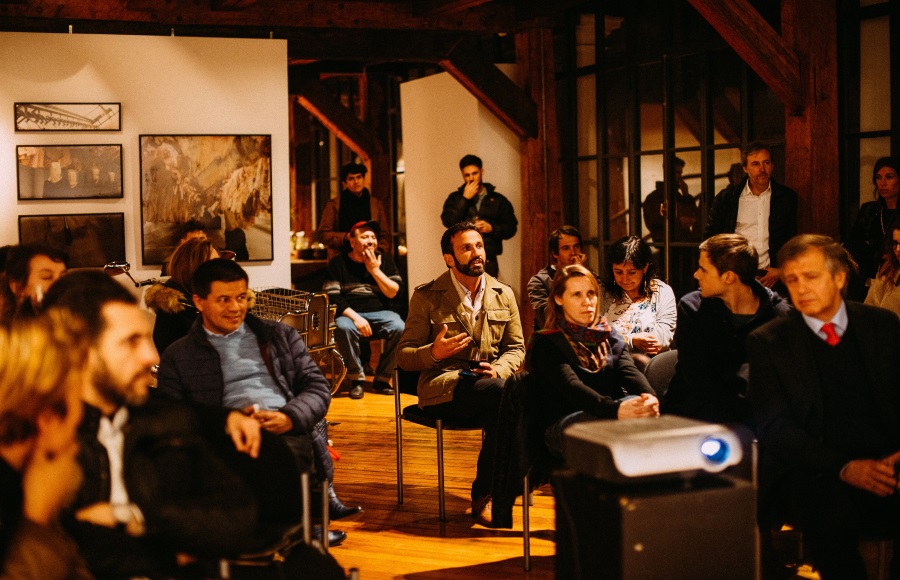Leaders are usually a lonely breed within their organization. Their position is higher than most and not many people can ask them questions. However, with this stature comes a humungous responsibility towards all the stakeholders of the business. It is only natural then that these stakeholders be involved in the leader’s development process to bring out the best results for the organization. It is very easy and common for an executive to blame his supervisor or colleagues for his career’s slow progress. These executives look for ways to bypass these colleagues undertake a secluded path to professional development.
Shutting out stakeholders is wrong
I, for one, am strictly opposed to this approach. I view involvement of stakeholders as an essential component of the journey towards leadership development. The reasons for this are very simple. Firstly, no two verticals in an organization are completely isolated. The interdependent nature of work in these organizations means that the implications of a leader’s decisions are felt by all the stakeholders which justify their direct interest in the leader’s behaviour and professional development. Keeping the stakeholders in the loop during the coaching process also puts an adequate responsibility on the executive which can positively drive his development journey. Involvement of stakeholders gives an impression that you are ready to listen and you value their interest in the organization. An active involvement of stakeholders is also an integral part of corporate governance.
What stakeholders think is important
As a leader, what others think about you or your skills is important. However out of your control they may be, but their perceptions towards your leadership skills do count. This is why, perhaps, I emphasize on the involvement of stakeholders in the leadership development process. It is essential to bring out a change in the perception of the stakeholders about the behaviour of the leader. While it is not an overnight process, a gradual improvement in their perception towards the leader would auger extremely well for the organization.
So the next time you are thinking about going on a leadership resurgence journey with your executive coach, do not plan it as a hush – hush process. Rather, involve all the stakeholders to let them know that you are making efforts to evolve into a much better version of yourself.

